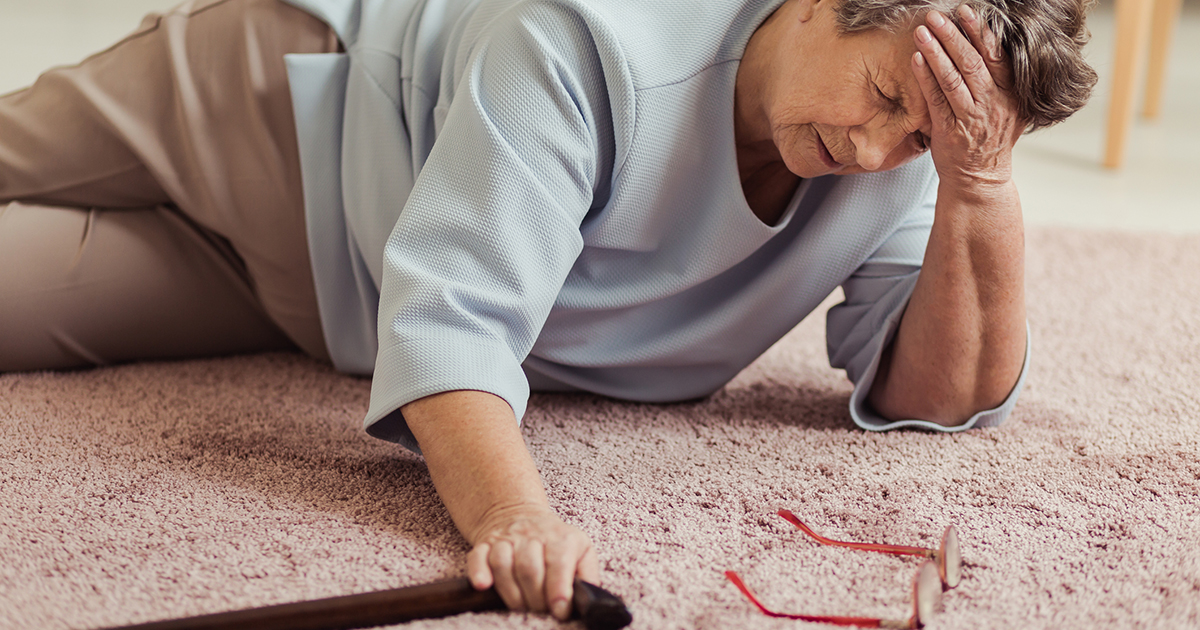Serious Symptoms Of Muscle Atrophy
Limb Weakness
Reductions in muscle size cause reductions in the strength generated by the muscles, and this often leads to limb weakness. If a patient's arm is affected, they might notice it is difficult to perform everyday tasks such as writing, picking up a cup, or carrying a shopping bag with the affected arm. Chopping food may be difficult as well, and the patient might drop items more often than usual. If the legs are affected, patients may have difficulties walking and climbing stairs. They might feel as though their legs won't support them, and they may need to sit down frequently and take longer breaks. Limb weakness can be a sign of several serious medical conditions, so this symptom should always be evaluated by a medical professional. During the exam, doctors can test the patient's strength by asking them to use their hands and feet to push against the physician's hand. If weakness is present on one or both sides of the body, doctors may recommend x-rays or scans to assess the underlying cause. Patients may be able to build strength in their limbs by performing strength training exercises under the guidance of a physical therapist.
Uncover more symptoms of muscle atrophy now.
Issues With Balance

Muscle atrophy in the legs may contribute to issues with balance. As the leg muscles reduce in size and strength, they are less able to support the patient's weight. Since one leg is usually more affected than the other, the patient's gait will normally be altered. They might lean away from the weaker side while walking, and patients with severe levels of muscle atrophy could drag their feet while walking instead of picking them up. Since issues with balance place the patient at a high risk for falls, doctors may recommend the use of walking aids such as canes or walkers. Patients should ensure they are trained in the proper use of this equipment, and they should sit down whenever they feel unsteady. Many walkers are made with a seat in the middle for this purpose. For some patients, doctors may suggest physical therapy to improve balance and mobility. The physical therapist can instruct the patient in specific maneuvers that may make it easier to go up and down stairs, and performing these could decrease a patient's risk of falling.
Keep reading for more details on muscle atrophy symptoms now.
